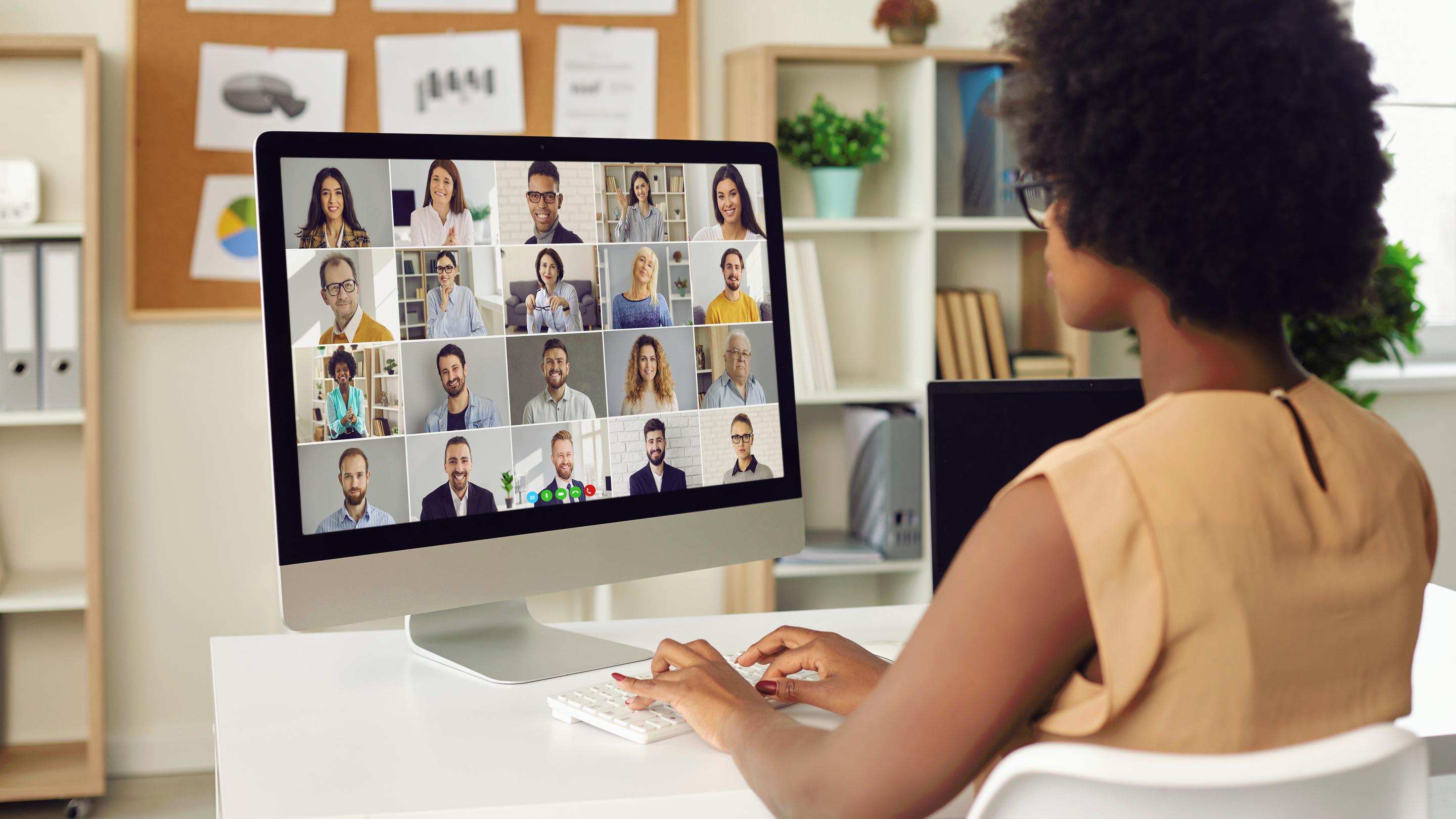Measuring the employee experience in the age of disruption

We live in a period of transformative change.
It's difficult to talk about any aspect of business these days without touching on what the "future of work" means and what its implications are for individuals, companies, and societies. Part of the reason for this is that we are all increasingly aware of the technological advances, changes in government policies and shifting employee expectations that are reshaping what we know as work.
As artificial intelligence (AI) and automation infuse into everyday life, the opportunities to reinvent how people will work and live are significant. What does this mean for the employee experience in this age of disruption? How does an organization build an employee experience program that's relevant for this modern world?
The Role of HR: Connectivity in the Human Age
According to Mercer's 2020 Global Talent Trends report, 73% of executives predict significant industry disruption in the next three years — up from 26% in 2018. Along with the constant change that disruption brings is the emergence of several human capital risks, such as a decline in employee trust and an increase in employee attrition. Organizations are realizing that people-centered transformation is the key to transferring the shockwaves of disruption into sparks of brilliance. This translates into a need for HR to lead at the drafting table, yet only two in five HR leaders participate in the idea-generation stage of major change projects today.
To ensure the Human Agenda remains at the heart of change, HR needs a permanent place in the design process, rather than being a late-to-the-party guest. A critical contribution the HR function will make is helping to design and deliver exceptional employee experiences.
Measuring the Employee Experience
How do you capture the moments that matter in an employee's life cycle? From onboarding to having a new manager or getting promoted, critical experiences help shape an employee's connection to the organization. Each employee is different, with diverse needs and talents — and over the course of a career, people are exposed to different events and experiences. Some experiences enhance their fit with the organization, some do not and others undermine it. This translates into varying levels of employee and business performance.
A more digital HR team, combined with data and analytics that new tools bring, can help leaders understand these experiences at a deeper level. Although it is still common for organizations to conduct episodic surveys of employee attitudes once a year, many are now looking to augment their employee-listening strategy with more fluid pulse surveys to provide deeper insight.
Using an employee experience platform, HR teams can now conduct on-demand surveys as and when needed, and employees can give feedback when it's most relevant, with actions aligned to specific needs and timing. Platforms, like Mercer's Allegro pulse survey technology, enable HR teams to take an active-listening approach to understand experiences over time. This generates better insights into multiple touchpoints, providing HR the opportunity to design more engaging experiences across the employee life cycle. This sets in motion a culture where employees feel heard and are supported and encouraged to do their best work every day.
Increasingly, organizations acknowledge that the employee experience is as important as the customer experience. Research has shown that companies leading in customer experience often do so via exceptional cultures and engaged people. The importance of investing in the employee experience can't be ignored.
Building a 21st Century Employee Experience Listening Program
Enabling employees to thrive requires intentional redesign of critical employee experiences, using new technology and AI to make work more inclusive, personalized and focused. To do this, organizations need an employee-listening program that uses multiple methodologies to generate deeper insights for diverse stakeholders, including the employees themselves.
This new type of organizational research takes an evolving approach to measurement and uses new technology to support more integrated analyses and more experimentation within the organization to generate real learning. The goal is for everyone to have a broader and deeper understanding in an optimal manner to generate a more compelling employee experience, more effective teams, and a higher-performing organization.
In this age of disruption, as the pace of change accelerates, individuals need support in finding new ways to adapt and contribute. Without help, individuals, organizations and societies will fail to thrive. As more tasks get automated, HR — as the guardian of the employee experience — is best placed to lead this reinvention.
Partner, Asia Career Practice Leader
Director of Business Development EMEA, Mercer
Employee Experience and Engagement Solutions Practice Lead, Mercer
Related solutions
-
Attract & retain talentWhether you’re running an annual employee engagement survey, exploring new listening methods or trying to make sense of data from continuous listening systems,…
-
Talent & transformation
Organization design
Mercer’s organization design consulting can help you transition from a traditional multilayered organization to a simple, agile and distributed structure. -
Attract & retain talent
Strategic workforce planning
Mercer’s strategic workforce planning solutions provide a rational business basis to prioritize, develop and fund the people practices needed to support business…
Related insights
-
Is your employee value proposition still relevant?
We are in the midst of a workplace revolution. The pandemic has altered almost all aspects of the employee experience, changing everything from where people work… -
Attract & retain talent
Attracting and retaining talent in 'the great talent gap'
It is an employee-centric market. While it’s a challenge to attract and retain talent, there are also solutions. -
Alternative investments
Private Markets in Motion
Asset managers with over US$2 trillion in assets under management share insights on challenges and opportunities in private debt







